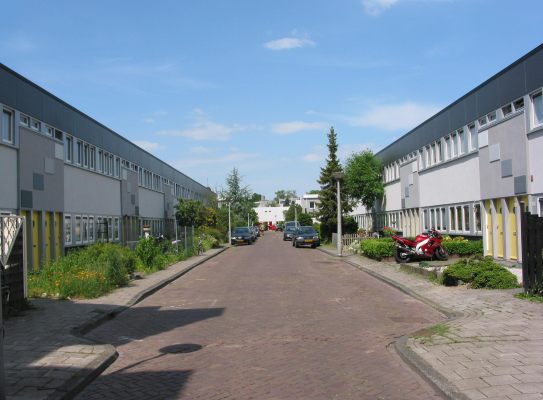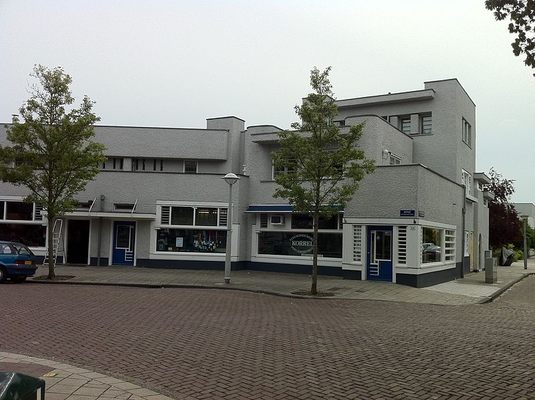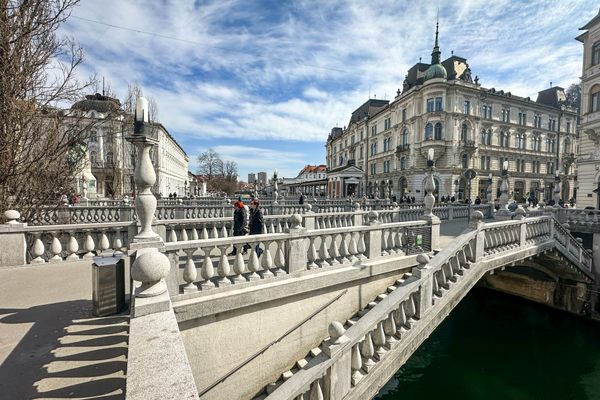About
If you happen to find yourself in Amsterdam's Betondorp neighborhood and it seems as though the color has gone out of the world, just realize that it is simply due to the fact that you have entered a brutalist concrete village that was built as an experiment in cheap cement building techniques.
Originally constructed between 1923 and 1925, the "concrete village" as it translates from Dutch, was built as an experimental construction of around 2,000 buildings. The purpose of the experiment was to test out a variety of different, low-cost poured concrete building techniques to combat a brick shortage in the Netherlands. While about half of the buildings are built from traditional brick and mortar, around a thousand of them were built using a one of ten different styles of concrete construction.
The style of the buildings is a angular, brutalism that has been compared more favorably to art deco styles of construction. The neighborhood is built around a central rectangle of shops and commercial space called the Brink, from which a handful of roads splay off in different directions.
The legendary Dutch soccer player Johan Cruijff is Betondorp's most famous inhabitant. He grew up at Akkerstraat 32 and alledgedly developed his famous passing moves while kicking a ball around on the Brink.
Saying that Betondorp doesn't have color is actually unfair as the little development has managed to bring color to the city even if a lot of it's buildings are a flat gray.
Related Tags
Know Before You Go
A five minute bike ride from Amsterdam Amstel station.
Community Contributors
Added By
Edited By
Published
October 28, 2015






















